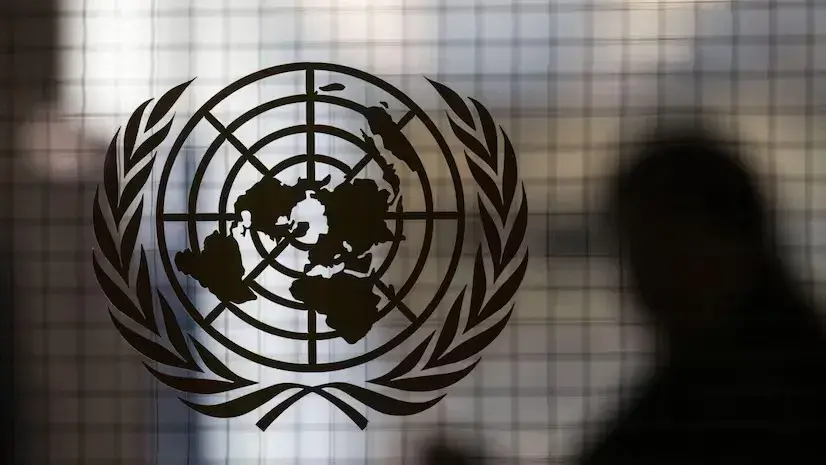G-20 Nations Agree on Major Reforms of Global Governance Institutions
In a landmark agreement, the Group of 20 (G-20) nations have committed to pushing for reforms of key global governance institutions, including the United Nations (UN), the World Trade Organization (WTO), and multilateral lenders. The agreement marks the first formal joint effort by the world’s 20 largest economies to modernize institutions established in the post-World War II era. Following a month-and-a-half of negotiations, the G-20 will announce this reform push during a foreign ministers’ meeting proposed by Brazil at the sidelines of the UN General Assembly. The draft communique, seen by Bloomberg News, underscores the urgency to update these institutions to reflect today’s political, social, and economic realities. “There is a growing perception that the United Nations, the Bretton Woods Institutions, and the World Trade Organization are in urgent need of reform,” the communique states. It highlights the need to revamp governance structures to better represent the diversity of member nations and improve their ability to tackle contemporary global challenges. One of the central reform goals includes expanding the composition of the UN Security Council to enhance the representation of underrepresented regions and groups. Additionally, the G-20 emphasizes the importance of transparency, equitable geographic distribution, merit, and gender balance within the UN Secretariat. On the financial front, the G-20 is advocating for increased financing for developing nations to combat poverty and address issues like climate change. The reforms also call for a stronger representation of these nations in global financial decision-making. As for the WTO, the G-20 views it as indispensable to a functional global trade system. The group seeks reforms that enhance trade and investment policies, positioning them as key drivers of global economic growth and prosperity. Brazil’s President, Luiz Inacio Lula da Silva, who is presiding over the G-20 this year, has long championed these reforms, and the joint statement is seen as a significant step forward, even though no timeline for implementation has been agreed upon. Source: TOI
G-20 Nations Agree on Major Reforms of Global Governance Institutions Read More »

